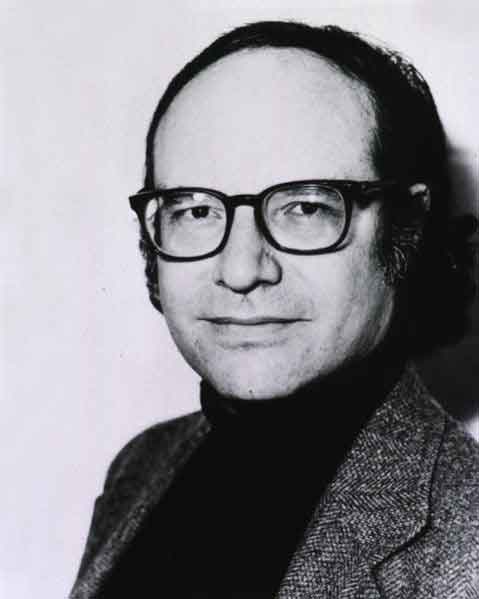
Walter Gilbert
Walter Gilbert (born March 21, 1932) is an American physicist, biochemist, and molecular biology pioneer.
Biography
Gilbert was born in Boston, Massachusetts and educated at the Sidwell Friends School, Harvard University and the University of Cambridge, later joining the faculty at Harvard. Together with Allan Maxam he developed a new DNA sequencing method[1]. His approach to the first synthesis of insulin lost out to Genentech's approach which used genes built up from the nucleotides rather than from natural sources.
In 1979, Gilbert was awarded the Louisa Gross Horwitz Prize from Columbia University together with Frederick Sanger. Following year he was awarded the 1980 Nobel Prize in Chemistry with Frederick Sanger and Paul Berg. Gilbert and Sanger were recognized for their pioneering work in devising methods for determining the sequence of nucleotides in a nucleic acid. Walter Gilbert also first proposed the term RNA world hypothesis for the origin of life, for a concept first proposed by Carl Woese in 1967. He is a co-founder of the biotech start-up company Biogen and was the first chairman on the board of directors. He is currently the chairman of the Harvard Society of Fellows.
In the late 1980s, Walter Gilbert expressed skepticism about the role of HIV in AIDS; more recently he has said that he regards the success of drugs developed since then as a proof of the argument that HIV causes AIDS.[2]
Walter Gilbert (Harvard U): Development of DNA Sequencing
References
1. ^ Maxam, A M & Gilbert, W (1977), "A new method for sequencing DNA.", Proc. Natl. Acad. Sci. U.S.A. 74 (2): 560-4, 1977 Feb, PMID:265521, <http://www.ncbi.nlm.nih.gov/pubmed/265521>
2. ^ Moment of Science: Well, someone has to do it
Links
* Nobel Prize autobiography
* The Official Site of Louisa Gross Horwitz Prize
Retrieved from "http://en.wikipedia.org/"
All text is available under the terms of the GNU Free Documentation License

